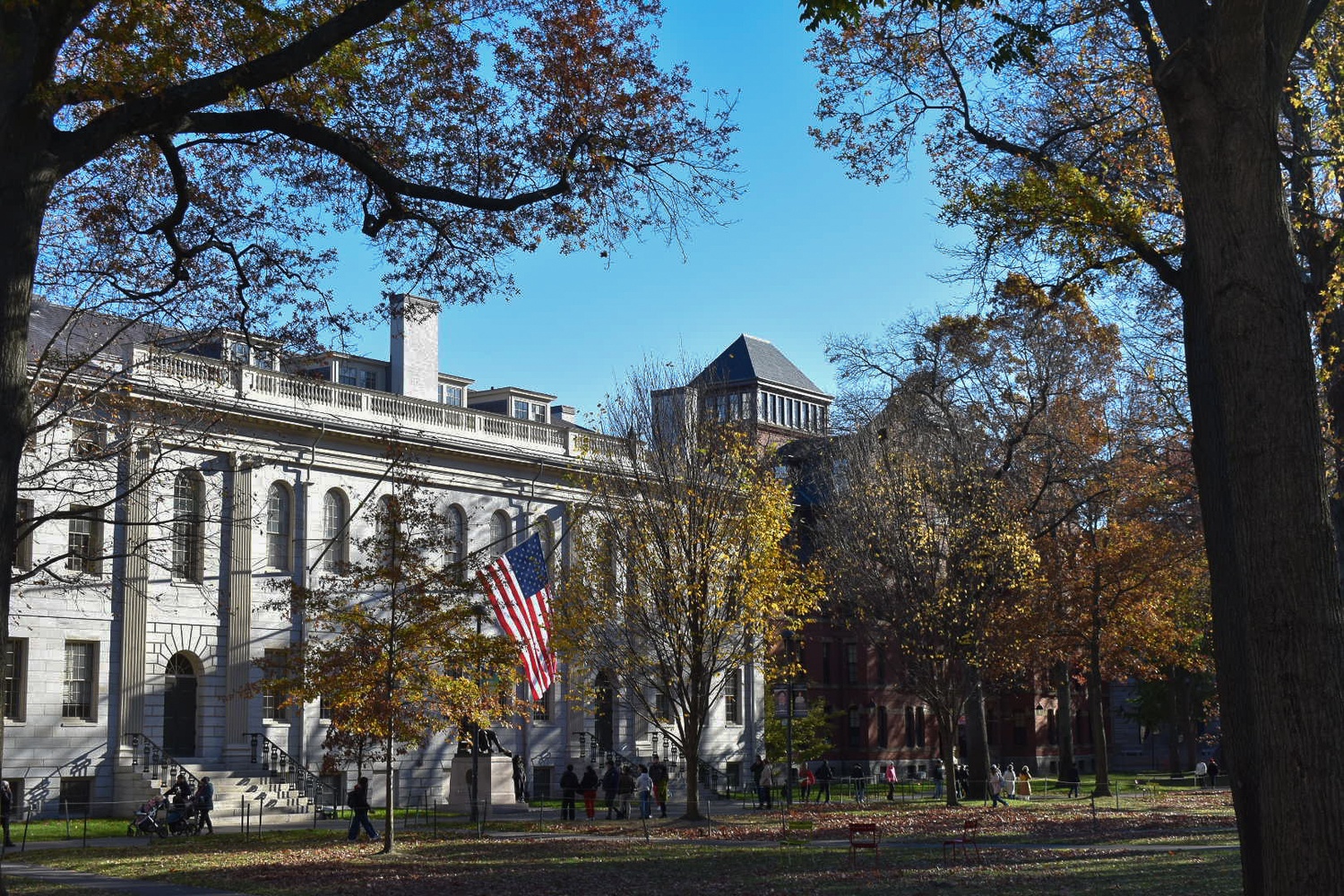
News
News Flash: Memory Shop and Anime Zakka to Open in Harvard Square

News
Harvard Researchers Develop AI-Driven Framework To Study Social Interactions, A Step Forward for Autism Research

News
Harvard Innovation Labs Announces 25 President’s Innovation Challenge Finalists

News
Graduate Student Council To Vote on Meeting Attendance Policy

News
Pop Hits and Politics: At Yardfest, Students Dance to Bedingfield and a Student Band Condemns Trump
As Students Lose Their Visas, We Can’t Lose Our Voices
The abduction of international students is no longer a distant headline — it is now a potential campus reality. Two days ago, we learned that the U.S. government revoked the visas of multiple Harvard students and recent graduates.
University leaders’ public response, thus far, has been one of deference. But for those of us with the protections of citizenship, silence is a choice, not a necessity.
Silence is not a neutral response. It is where repression flourishes the most. If students do not speak now, when the stakes are clear and the victims are their classmates, then the University’s institutional values will remain rhetorical at best.
Since the onset of the Trump administration’s deportations, the only memorable College-wide communication from the president’s office came in response to the funding crisis. That email rightfully acknowledged that much was at stake — but it refused to address the consequences of compliance.
Now, visas have been revoked silently, bureaucratically, and without visible institutional resistance.By veering towards neutrality in the face of injustice, Harvard is in effect complicit. If it bends its knee to federal intimidation now, it sets a precedent for what — and who — it will sacrifice next.
Despite the urgency of the moment, the student body remains worryingly silent. We whisper in dining halls and dorm rooms, and lament on Sidechat about what is happening. But where are the public demonstrations? Where are the letters of disapproval, signed en masse by Harvard students and organizations?
Where is the visible discontent in the face of the oppression of our non-citizen peers?
International students, whose legal and academic futures hang precariously in the balance, seemingly cannot safely protest without risking deportation, surveillance, or worse. The White House has made it alarmingly clear that speech critical of the Trump administration and its views may now carry dire consequences.
Speech is not simply a right to be defended; it is a responsibility to be exercised, especially when others are punished for doing so. As American citizens, we can and must speak out against the Trump administration for their repressive policies — and the current University administration for their relative silence in response.
By speaking out, by protesting, by writing to our lawmakers and our deans, we can catalyze leaders to take action to protect our community. We must push for forums with administrators where students can have active discussion, and real input, into University policy.
Together, we can force the University to prioritize international students safety and free speech concerns. Offering more guidance to international students is a good start. But, most importantly, the University should fight back against the federal government’s overreach in court.
Any action which shows our devotion to our institutions’ values and, most importantly, our international friends is an action worth taking.
Yes, even for American citizens, speaking out may carry risk. But that risk is precisely what gives the act moral weight. We do not speak because it is safe — we speak because it is necessary. As members of this academic community and as citizens of the country actively targeting our peers, we bear responsibility for protesting.
This repression is not foreign. It is the American government, in concert with our American institutions, that is silencing and deporting our classmates. To protest these actions is not only within our rights — it is a civic and moral obligation. The rights we possess mean nothing if they are not exercised on behalf of those who cannot.
I can no longer in good conscience stay quiet when my friends, peers, and my country are shunned into silence. We are a community enriched by diversity, but we will only remain a community if we can protect one another.
Mohib Ahmed ’28, a Crimson Editorial comper, lives in Matthews Hall.
Want to keep up with breaking news? Subscribe to our email newsletter.

